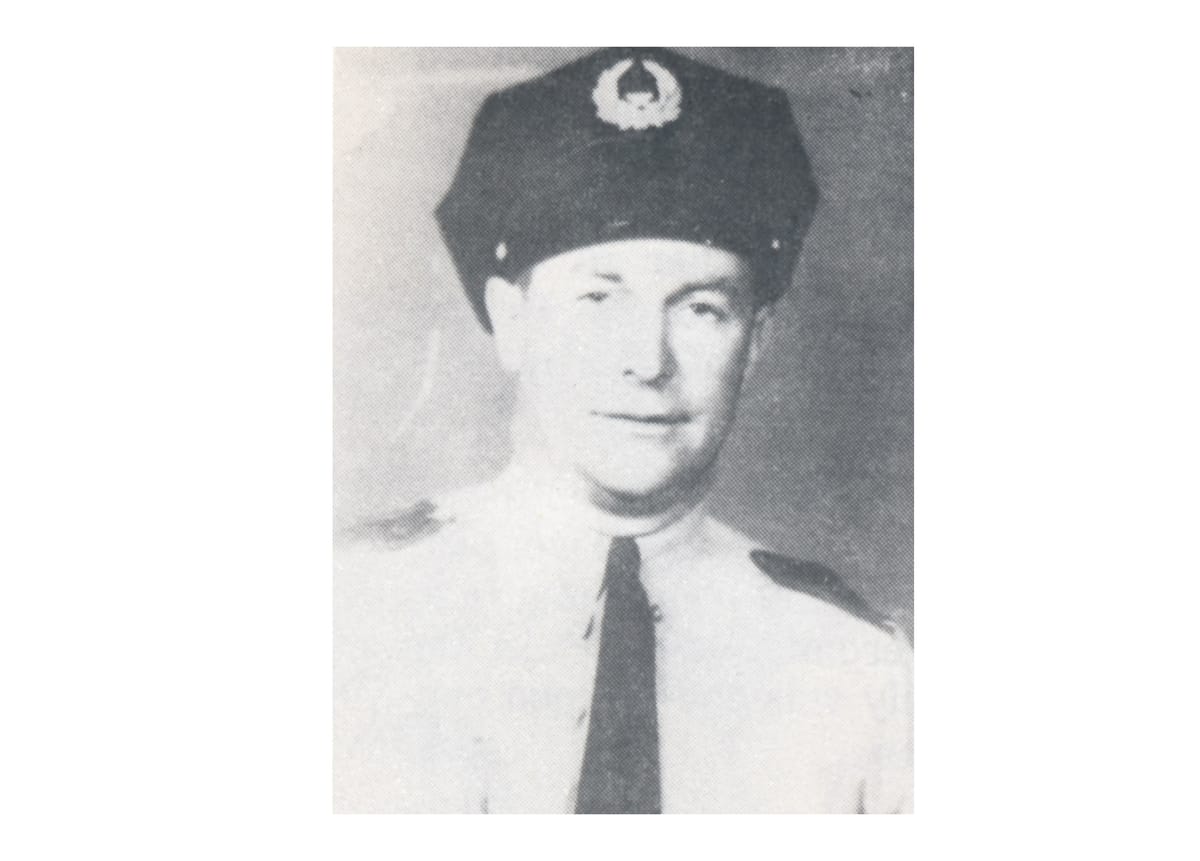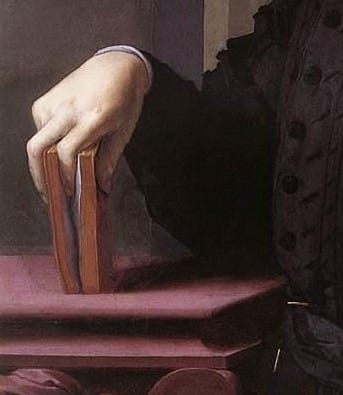Local Legends: Bars and cars
"A native Kentuckian, Spencer was born in Lee County on Jan. 2, 1906."

Called controversial by some, Harrison Everett Spencer, known as “Harry” and “Spence,” had a long career in local law enforcement and served as Oxford’s first police chief.
A native Kentuckian, Spencer was born in Lee County on Jan. 2, 1906. He grew up on the family farm owned by his parents, Henry and Emmaline “Emma” (Cockerham) Spencer, near the small community of Saint Helens.
Part of the Great Migration north out of Appalachia, Spencer arrived in Butler County at some point prior to 1920. In the census that year, he is shown in Lemon Township living on the farm of his maternal grandparents, John F. and Margaret (Palmer) Cockerham, along with his aunt, Nannie (Cockerham) Guignon.
He graduated from Middletown High School and married Naomi (Butterfield) Spencer, the first of his four wives, in Indiana on Sept. 3, 1927. Within three years, the couple had divorced, with Spencer marrying Florence R. (Falck) Spencer on July 16, 1930, in Wayne County, Indiana. Spencer’s next marriage was to Ella “Nelle” (Bailey) Spencer, which was solemnized on Sept. 21, 1932, in Indiana.
Though still subordinate to the village marshal, Oxford transitioned from policing its streets with deputy village marshals to having its own police officers over the course of the Prohibition era. Spencer was appointed to the fledgling Oxford Police Department in either 1936 or 1939, based on varying accounts.
He moved to Oxford, without Nelle, who had separated from him and was living back in Middletown with her parents, in 1939. They later divorced.
1942 would prove to be a year of changes for Spencer. On the condition that he provide his own personal vehicle for use as a patrol car, he was offered the position of chief of police. Accepting the job in January 1942, he became Oxford’s first police chief.
However, he had only been in the position for six months when he received his draft notice. Taking a leave of absence from his post, Spencer was inducted into the United States Army on June 29, 1942. Lee Sheard was made the acting chief while he was away.
After basic training at Camp McClellan, Arkansas, Spencer was assigned to the Quartermaster Corps at Fort Benning, Georgia. He worked in a refrigeration unit at Fort Benning for the majority of the war, but transferred to military intelligence prior to his Aug. 5, 1944, discharge.
After he got out of the Army, Spencer immediately returned to duty in Oxford. Upon his arrival, he found that the village had purchased an actual police cruiser, complete with lights and siren, for his use from local dealer Kyger Motors.
Spencer married for the final time on Sept. 13, 1945, in Rossville, Georgia, becoming the husband of Julia Margaret (Jolley) Spencer. Returning to Oxford, Julia ran an electrical and radio repair business that they owned. Though he had many step-children, Spencer’s only child, Nina E. Spencer, was born in 1949.
Spencer resigned his position in 1945 following a dispute over what he considered lax sentences from the mayor’s court for people he had arrested. However, through the mediation of the Village Council, the incident was resolved and he retained his post.
As police chief, Spencer would spend a lot of his time policing automobiles. Fueled by veterans turned Miami University students using their G.I. Bill benefits, Oxford rapidly expanded in the post-war period and became inundated by automobiles.
Parking became an issue for the first, but certainly not the last, time in the village’s history. Spencer also had the responsibility of parking enforcement, and at one point even conducted a parking sweep to collect information for the local government and who was parking where and when.
Criminal dockets of Oxford Mayor’s Court from the era show Spencer constantly making arrests and issuing citations for parking and traffic violations and reckless driving. In one instance, a man driving a truck with “insufficient brakes” pushed Spencer off the road on High Street. Spencer stopped and arrested the driver, who was later fined $10.00 and $5.70 in court costs.
Second only in volume to these automobile-related crimes was intoxication. Spencer commonly arrested intoxicated townspeople and Miami students, both for being drunk in public and for driving while intoxicated.
The book “Minutes of Our Years” recorded one, possibly apocryphal, story of Spencer, whom the book described as “another of the memorable characters who have worn the badge of law officer,” dealing with a group of intoxicated young men. The book stated that Spencer pulled his “twin pearl-handled forty-fives” and ordered the men to stop when he said to or he would “fill them full of holes big enough for dogs to walk through.”
On relatively rare occasions, Spencer also dealt with more serious crimes. This included a few instances of escape and/or resisting arrest, burglary and other crimes. Two standout cases from 1946 included an individual being placed under arrest for maliciously destroying his neighbor’s crops with a scythe and another for slashing another person with the intent to kill.
Spencer remained chief of police until abruptly resigning in December 1951, citing lack of pay for overtime hours and lack of cooperation from the Village Council and other police officers from the department.
Retiring from law enforcement, he went into the automotive business, opening Spencer’s Texaco in West College Corner though he remained a resident of Oxford. Spencer continued running the service station until he became too ill to continue and auctioned it off in 1977.
Julia died on Sept. 15, 1968. Spencer persisted for another decade, dying at Mercy Hospital in Hamilton on Jan. 7, 1978, at age 72. They’re buried together in Oxford Cemetery.
Brad Spurlock is the manager of the Smith Library of Regional History and Cummins Local History Room, Lane Libraries. A certified archivist, Brad has over a decade of experience working with local history, maintaining archival collections and collaborating on community history projects.




